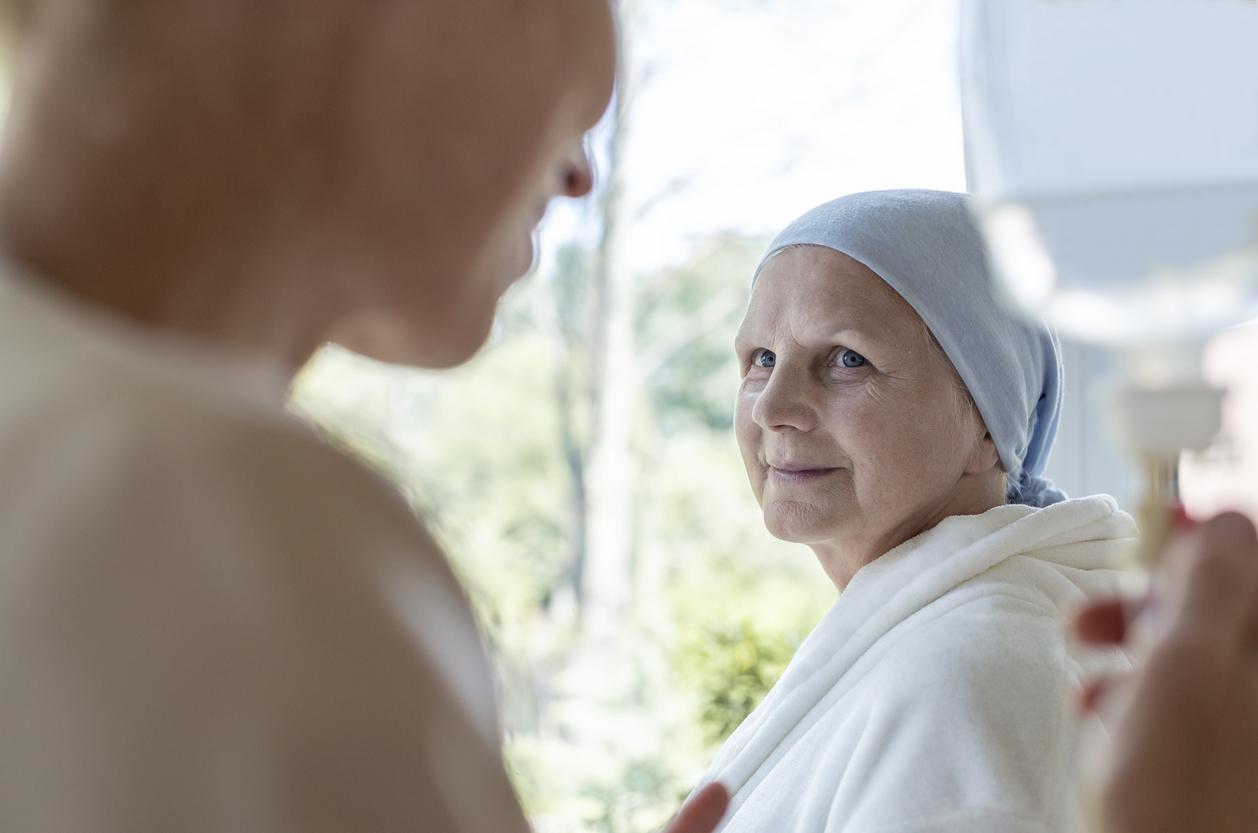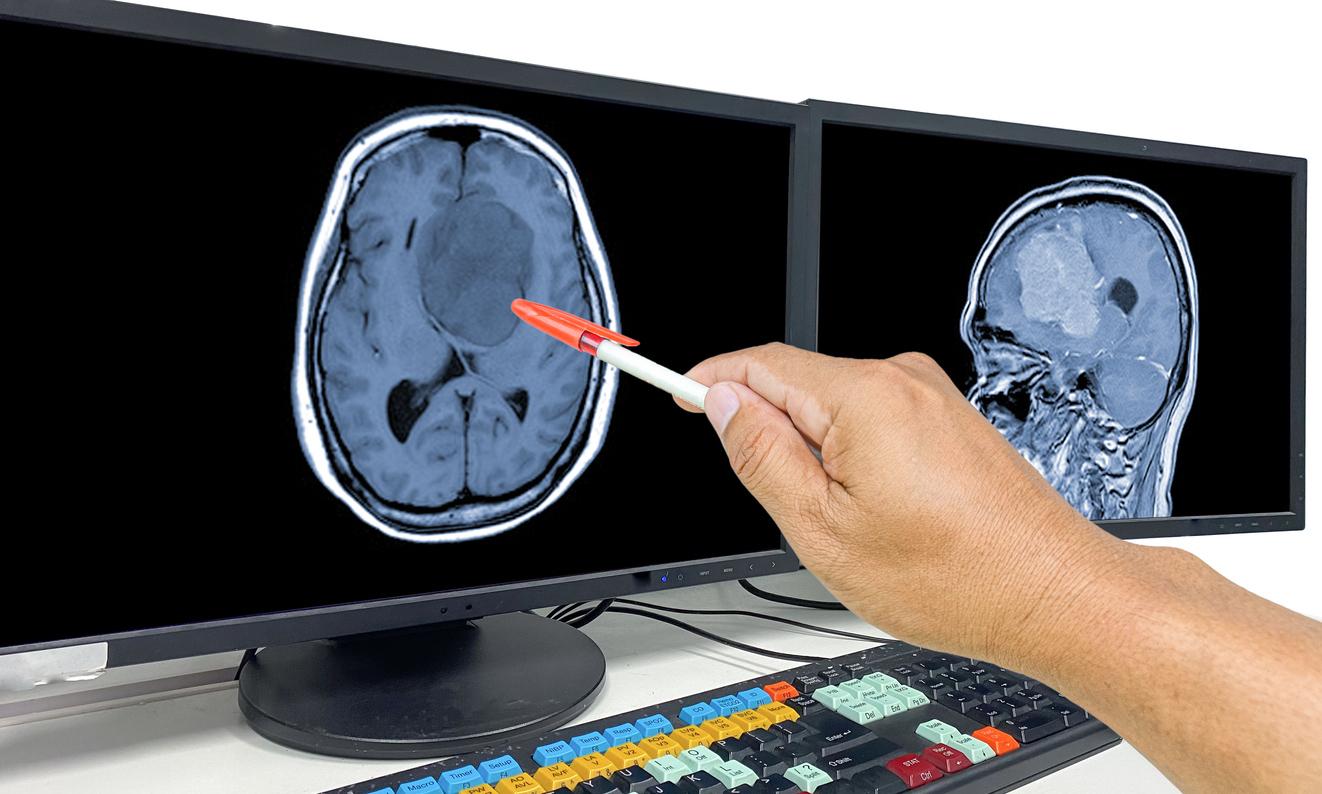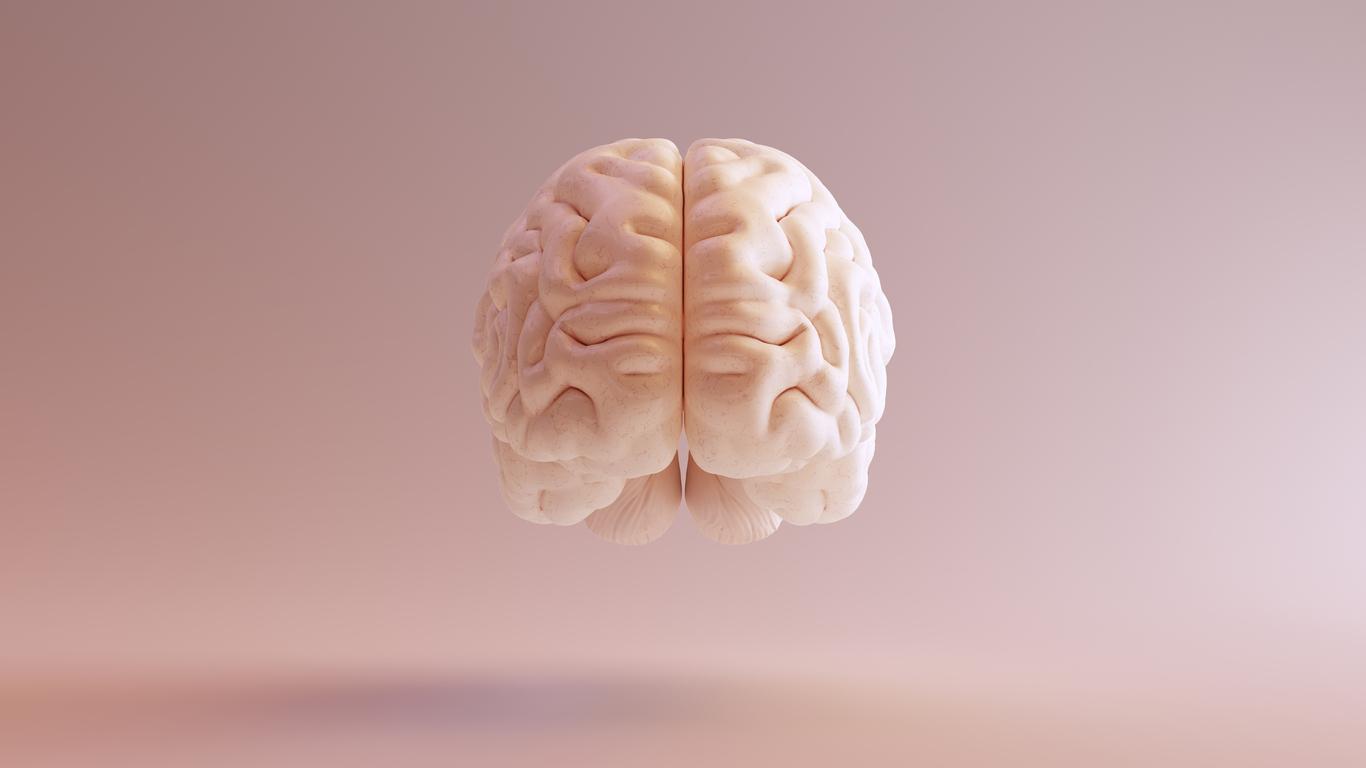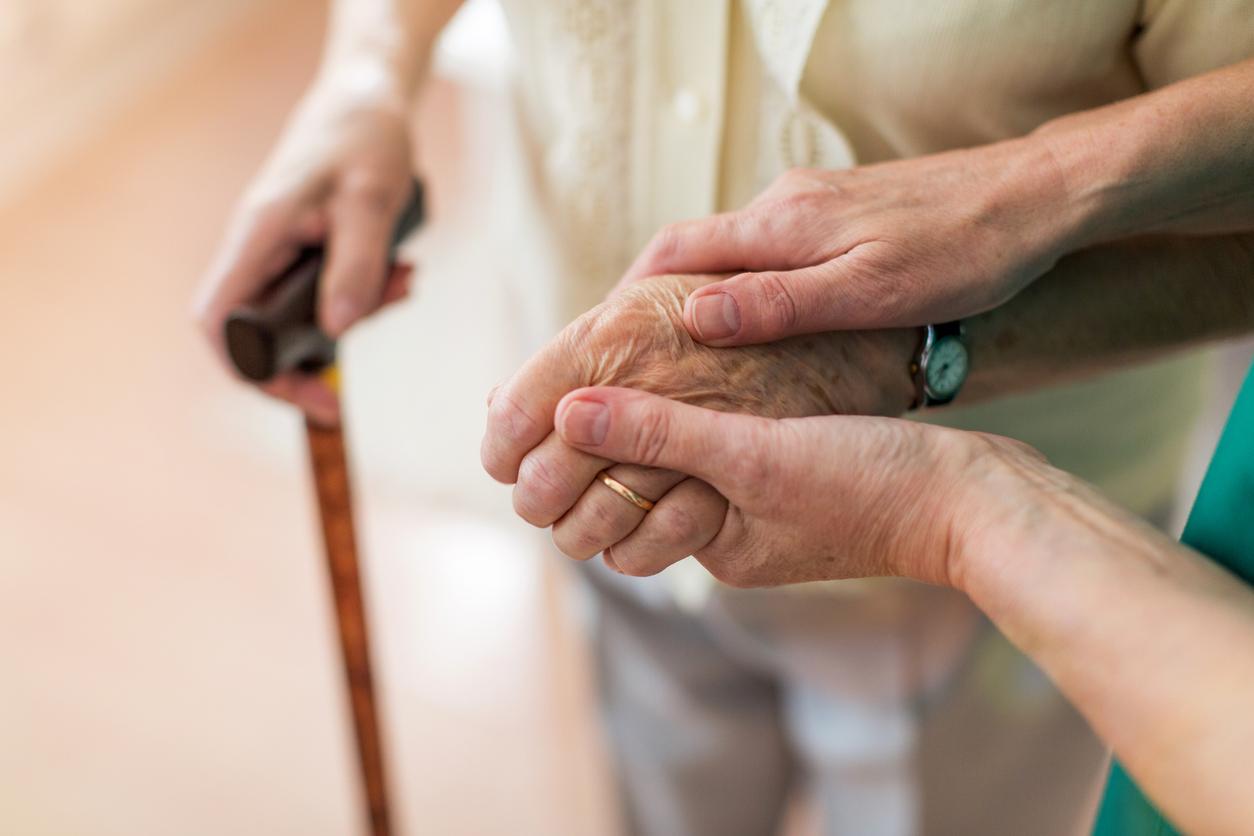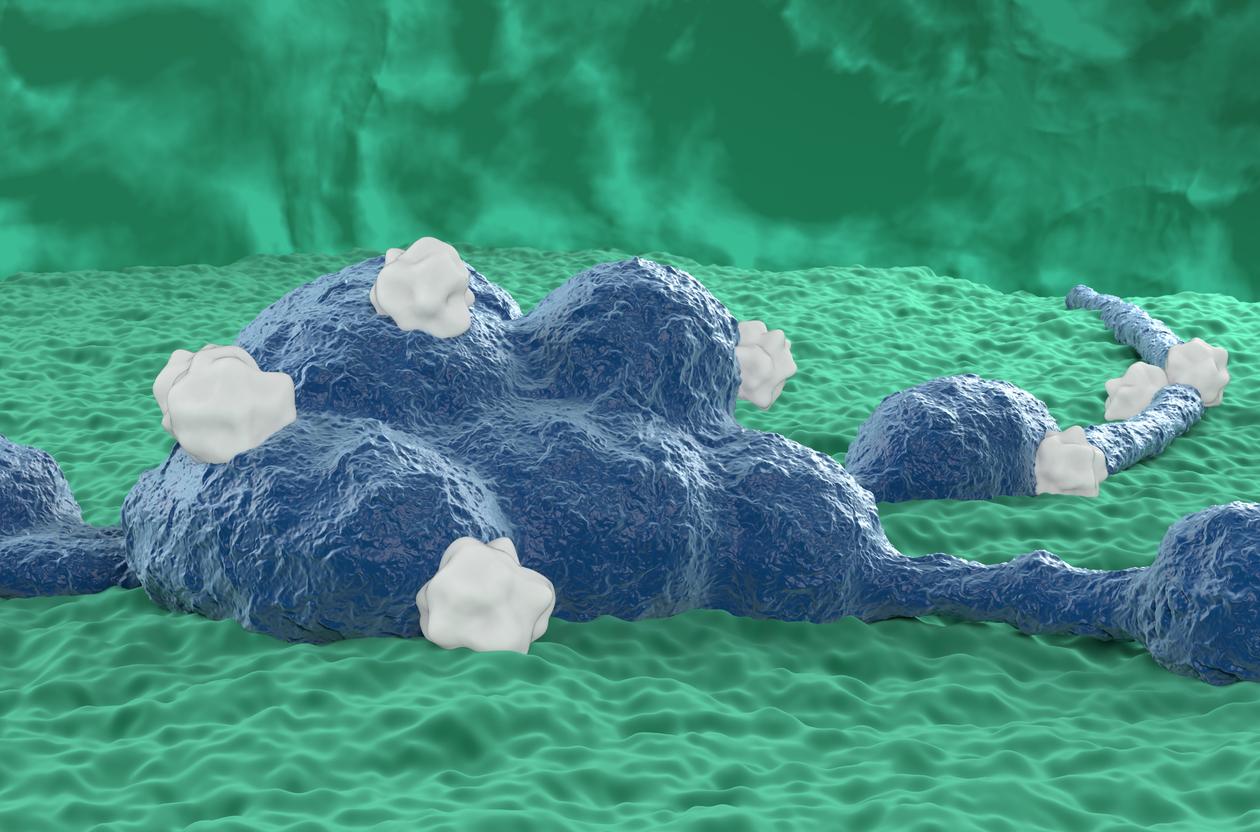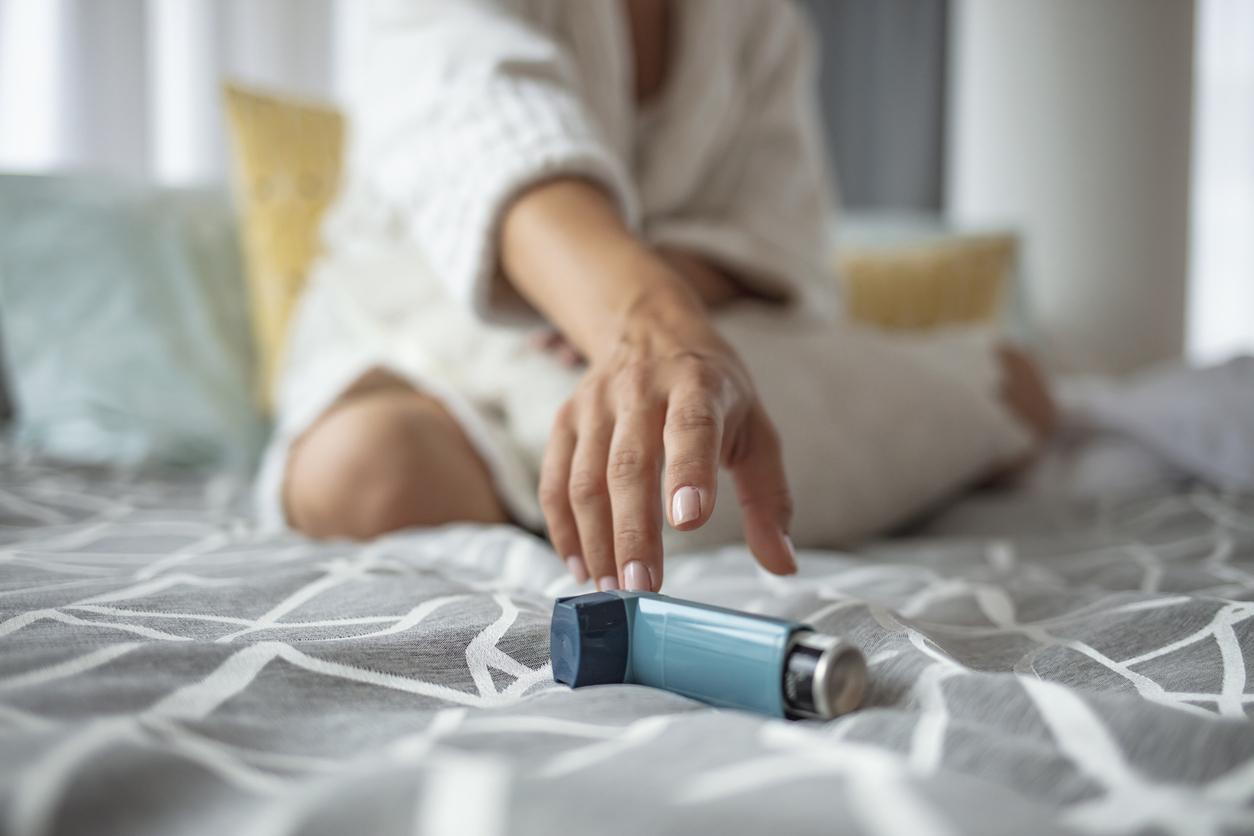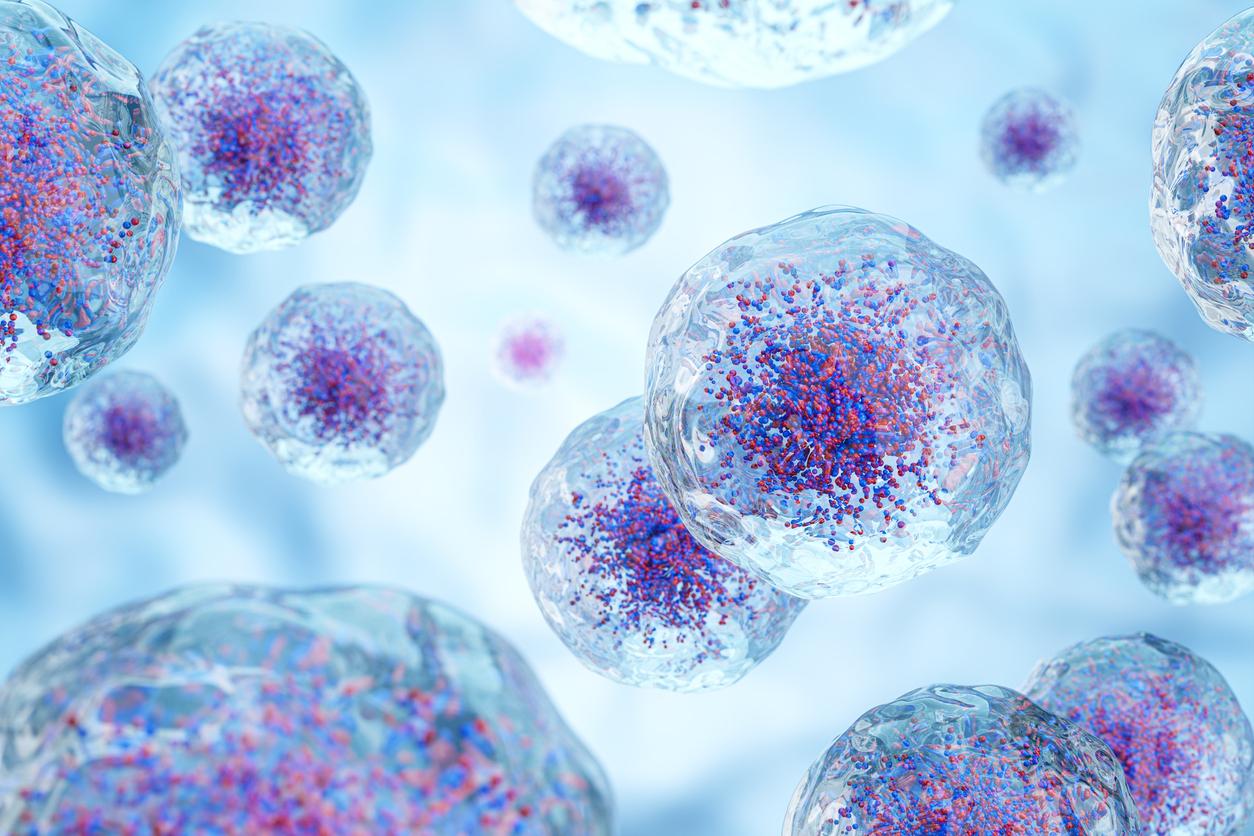The Temporary Specialized Scientific Committee (CSST) created by the ANSM on January 21, 2016 carried out investigations on FAAH (Fatty Acid Amide Hydrolase) inhibitors as part of the investigations relating to the clinical trial of the BIAL laboratory.
“Its objective was to explore the pharmacological and toxicological hypotheses which may have led to the death of a volunteer in January 2016 and to the hospitalization of 5 other volunteers,” recalls the Agency in a report. communicated.
On January 15, 2016, the attention of all media was turned to the Biotral laboratory. Six volunteers participating in clinical trials were hospitalized with injuries to the base of the skull that resulted in coordination and movement disorders, one of which has since died.
“This” unprecedented “accident, which resulted in one death among the volunteers, appears clearly linked to the molecule tested,” says the group of experts set up by the Medicines Agency (ANSM). “The most likely hypothesis retained is that of a specific toxicity of the molecule”.
A lack of caution on the part of the laboratory
Professor Bernard Bégaud, and the 12 experts chosen for their expertise in toxicology, pharmacology, pharmacovigilance, neurology and internal medicine also concluded that the ANSM was not wrong to validate this protocol but that the Biotrial laboratory did not not been conscientious. Indeed, the CSST thus criticizes the age of healthy volunteers and the inclusion of volunteers with more fragile health: “the dispersion of the ages of the volunteers recruited (18 to 55 years old) is high, some being relatively old, compared to which is generally observed in Phase 1 studies. We also note the inclusion of several volunteers who may be considered as presenting a potential risk factor with respect to certain undesirable drug effects ”.
Read also:
Rennes clinical trial: dogs died
Rennes clinical trial: Marisol Touraine reveals three shortcomings of the Biotrial laboratory
Rennes clinical trial: the ANSM publishes the chronology








